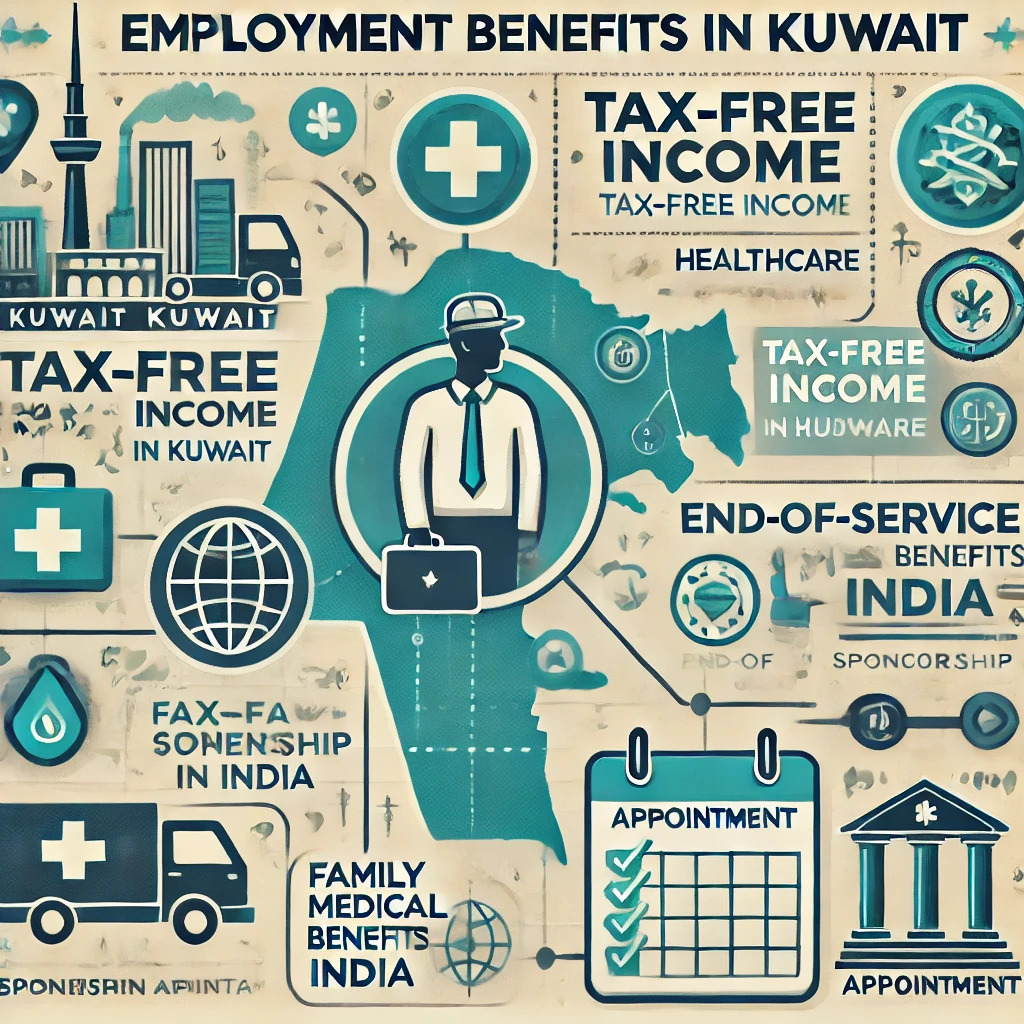
While the GAMCA (Gulf Cooperation Council Approved Medical Centers Association) medical examination is a one-time requirement for your initial work or residency visa in a GCC country, it’s important to understand its potential long-term impact on your health records and future visa applications.
Here’s a breakdown of how your GAMCA medical might have long-term implications:
1. Record of “Unfit” Status:
- If you are declared “Unfit” during a GAMCA medical, this information is recorded in the GAMCA/Wafid system.
- While the specific details of why you were deemed unfit might not be universally shared, the “Unfit” status itself is a part of your history within the system.
- Future Applications: If you re-apply for a GCC visa in the future, the system will likely show your previous “Unfit” status. This could potentially trigger closer scrutiny during your subsequent medical examinations.
- Waiting Periods: If you were declared unfit due to a treatable condition, you typically have to wait for a specific period (usually 3-6 months, depending on the condition and the GCC country) before you can re-take the GAMCA medical. This waiting period is enforced within the system.
2. Specific Medical Findings:
- While you don’t typically receive a detailed copy of all your test results, the GAMCA system retains the findings that led to the “Fit” or “Unfit” status.
- Consistency: If you have a recurring health issue that previously led to an “Unfit” status, it’s likely to be flagged again in future medical examinations.
- Transparency: It’s always advisable to be transparent about your medical history during any future medical assessments, both for GAMCA and other purposes.
3. Impact on Future GCC Visa Applications:
- A previous “Unfit” status doesn’t automatically disqualify you from future GCC visas.
- Re-evaluation: If the condition that led to the “Unfit” status has been successfully treated and resolved, you have a good chance of being declared “Fit” in a subsequent GAMCA medical. You will likely need to provide supporting medical documentation.
- Permanent Disqualifications: Certain conditions, particularly infectious diseases like HIV or active Hepatitis B and C, often lead to a permanent “Unfit” status for employment visas in most GCC countries due to public health regulations.
- Varying Regulations: It’s important to note that specific health regulations and acceptance criteria can vary slightly between the different GCC countries (Saudi Arabia, UAE, Qatar, Kuwait, Oman, and Bahrain). A condition that leads to an “Unfit” status for one country might be viewed differently by another in some cases.
4. Limited Portability of GAMCA Records:
- The GAMCA medical examination is specifically designed for obtaining a work or residency visa for GCC countries.
- Not Universal: The results of your GAMCA medical are primarily for the use of the GCC authorities and are generally not directly transferable or recognized by other countries outside the GCC for visa or immigration purposes.
- Separate Requirements: If you plan to travel to or seek a visa for a non-GCC country in the future, you will likely need to undergo a separate medical examination as per that country’s specific requirements. They will have their health standards and may not consider your GAMCA medical history.
5. No Direct Impact on Your Home Country’s Health Records:
- The GAMCA medical examination and its results are usually separate from your health records maintained by healthcare providers in your home country.
- Privacy: The results are typically shared with the relevant GCC authorities and are not automatically sent to your home country’s health systems.
- Personal Responsibility: It is your responsibility to maintain your own comprehensive health records and share relevant information with your doctors in your home country, including any significant findings from your GAMCA medical.
In Conclusion:
While the GAMCA medical is a specific requirement for GCC visas, its outcome, particularly an “Unfit” status, can have a long-term impact on your ability to obtain future visas for these countries. It’s crucial to understand the reasons for any “Unfit” declaration and address any underlying health issues. However, the GAMCA medical report is not typically integrated into your domestic health records or considered by non-GCC countries for their visa processes. For any future international travel, be prepared to undergo medical examinations as required by the specific destination country.



